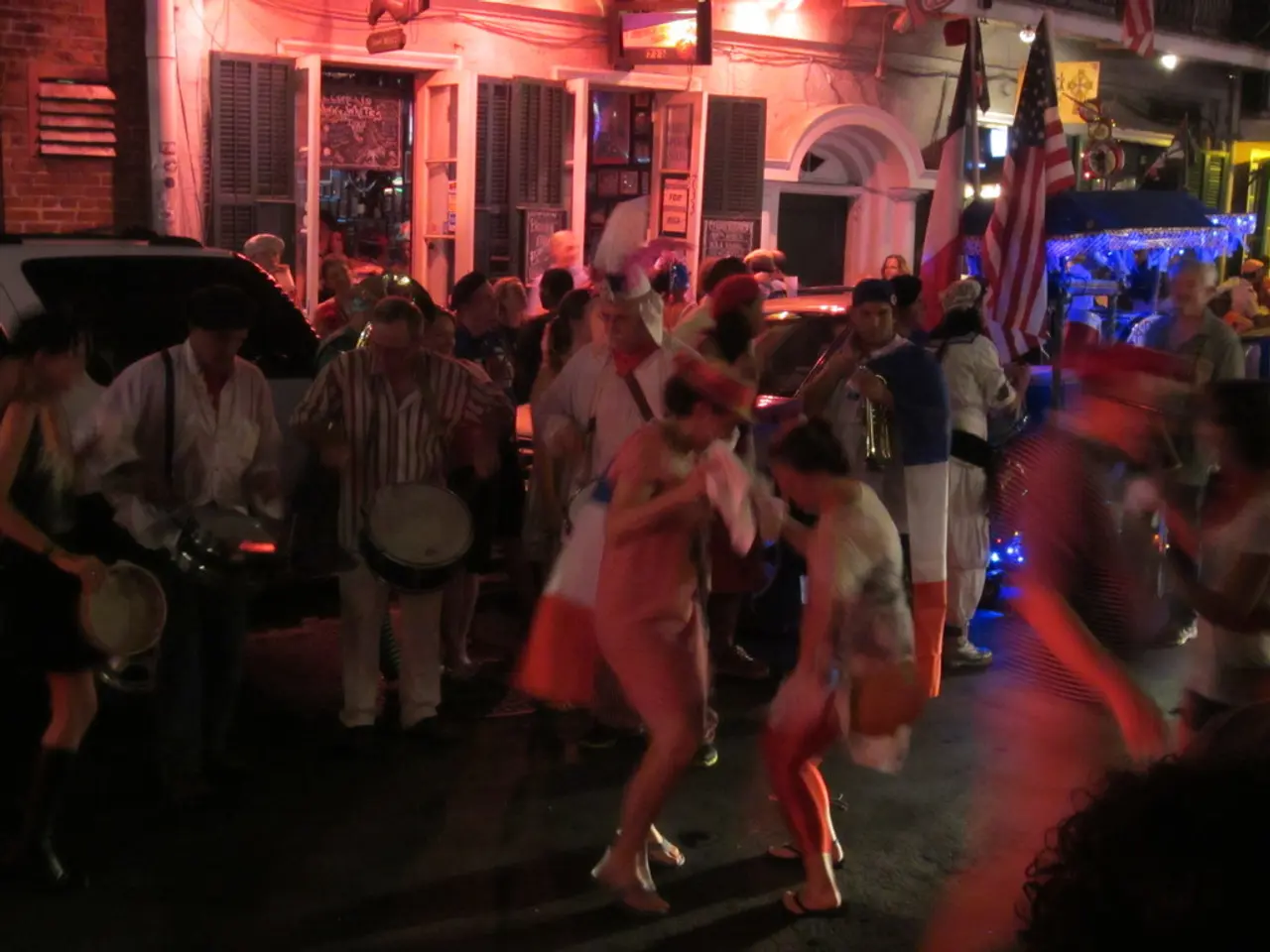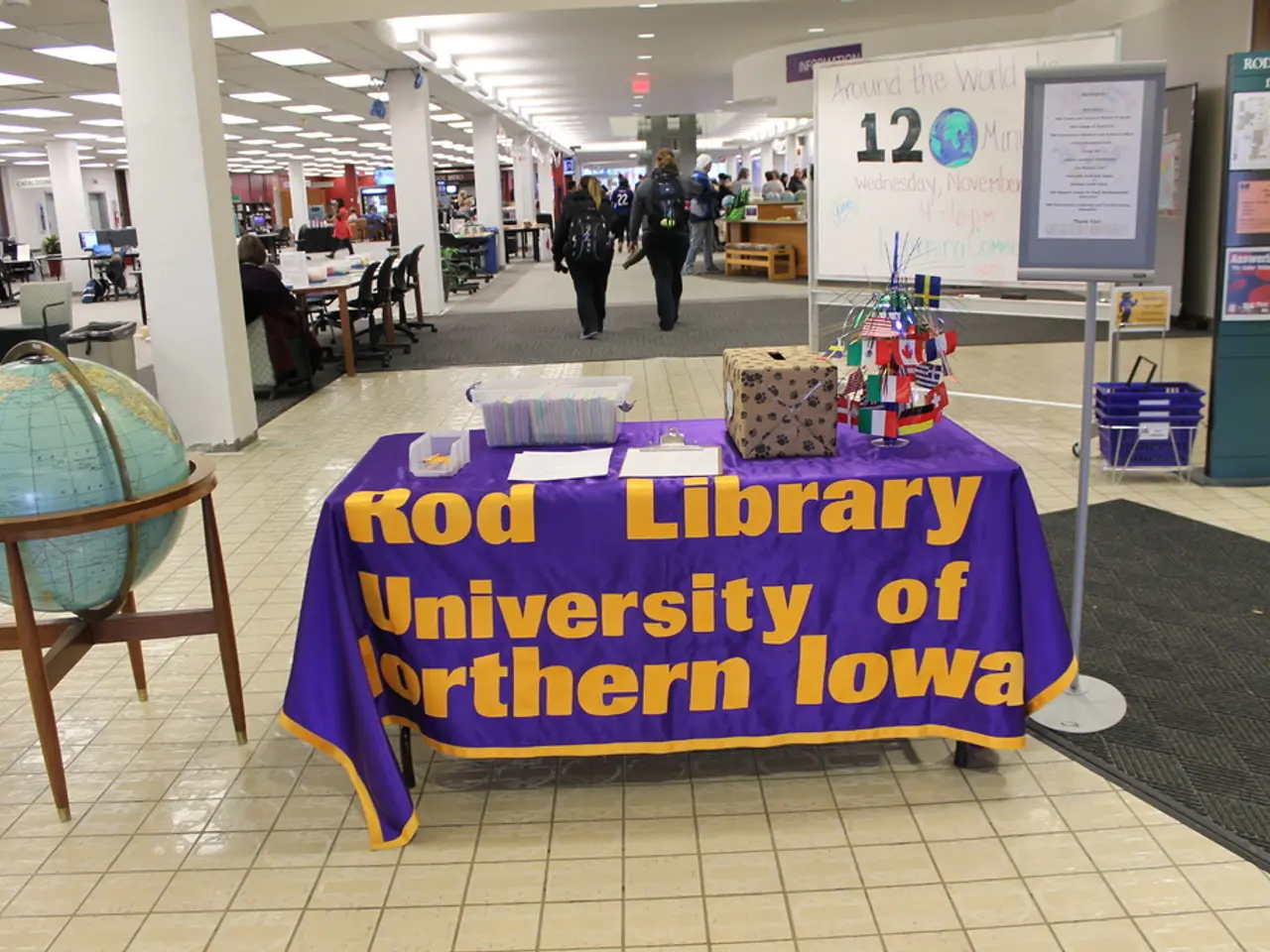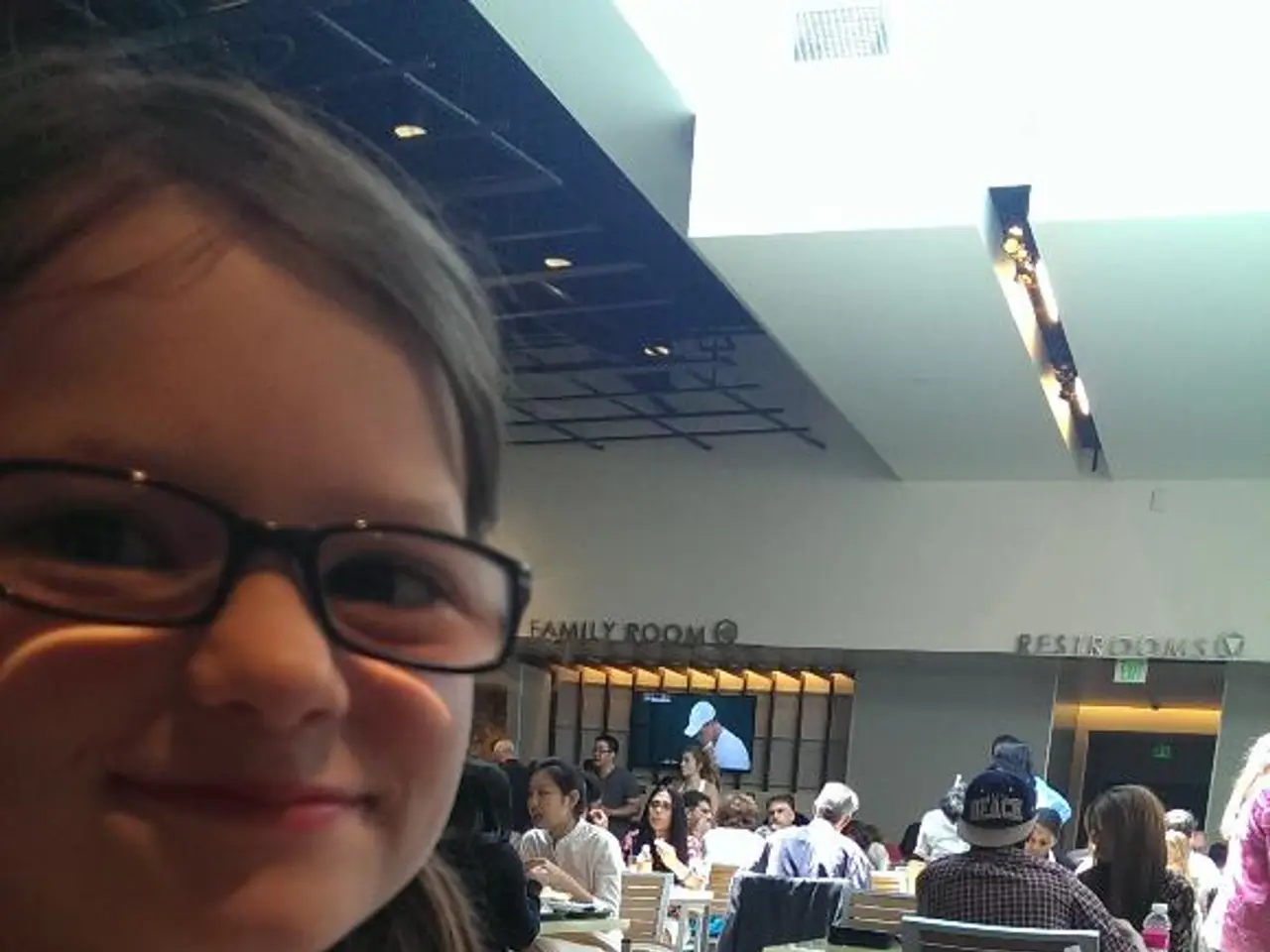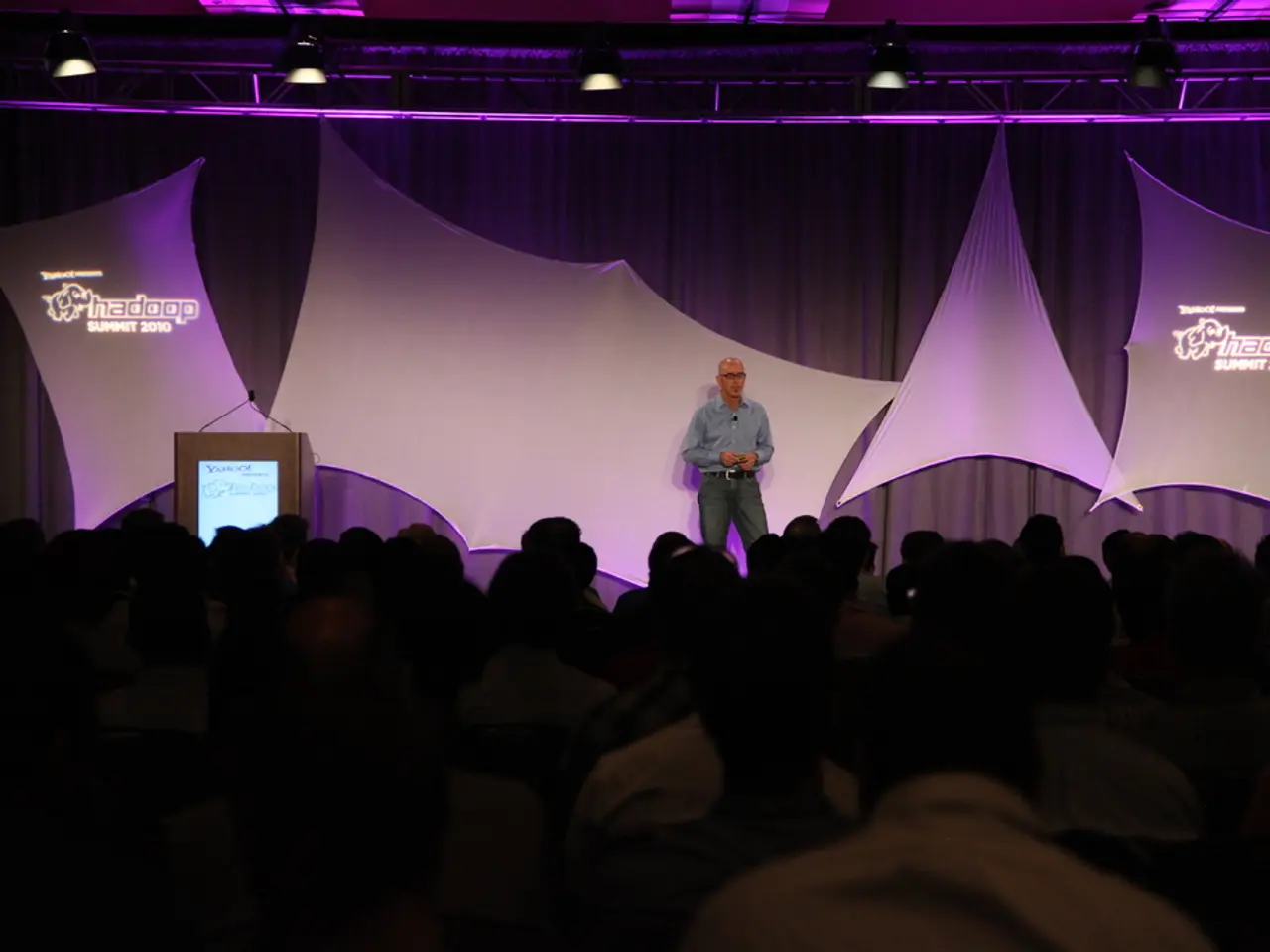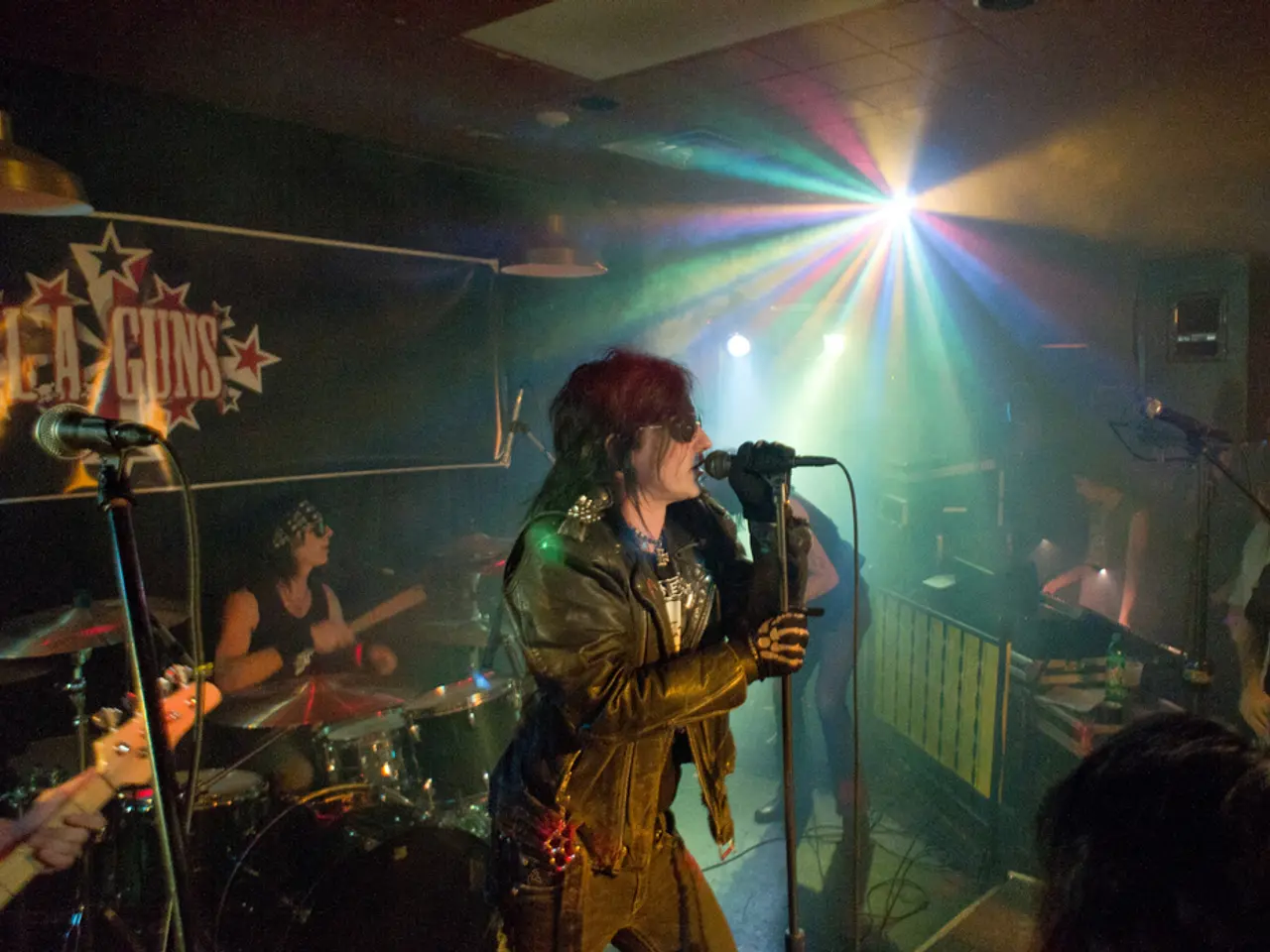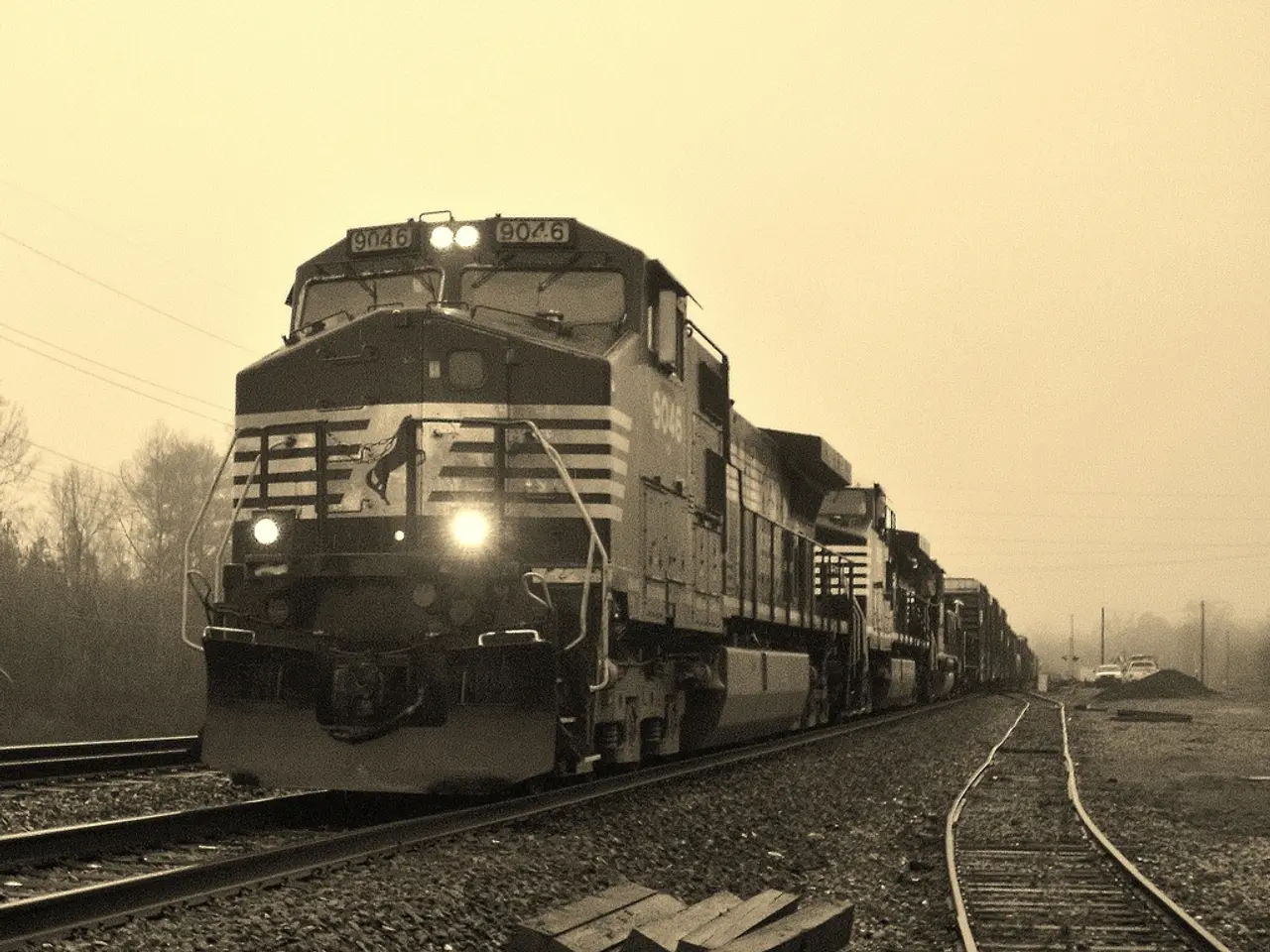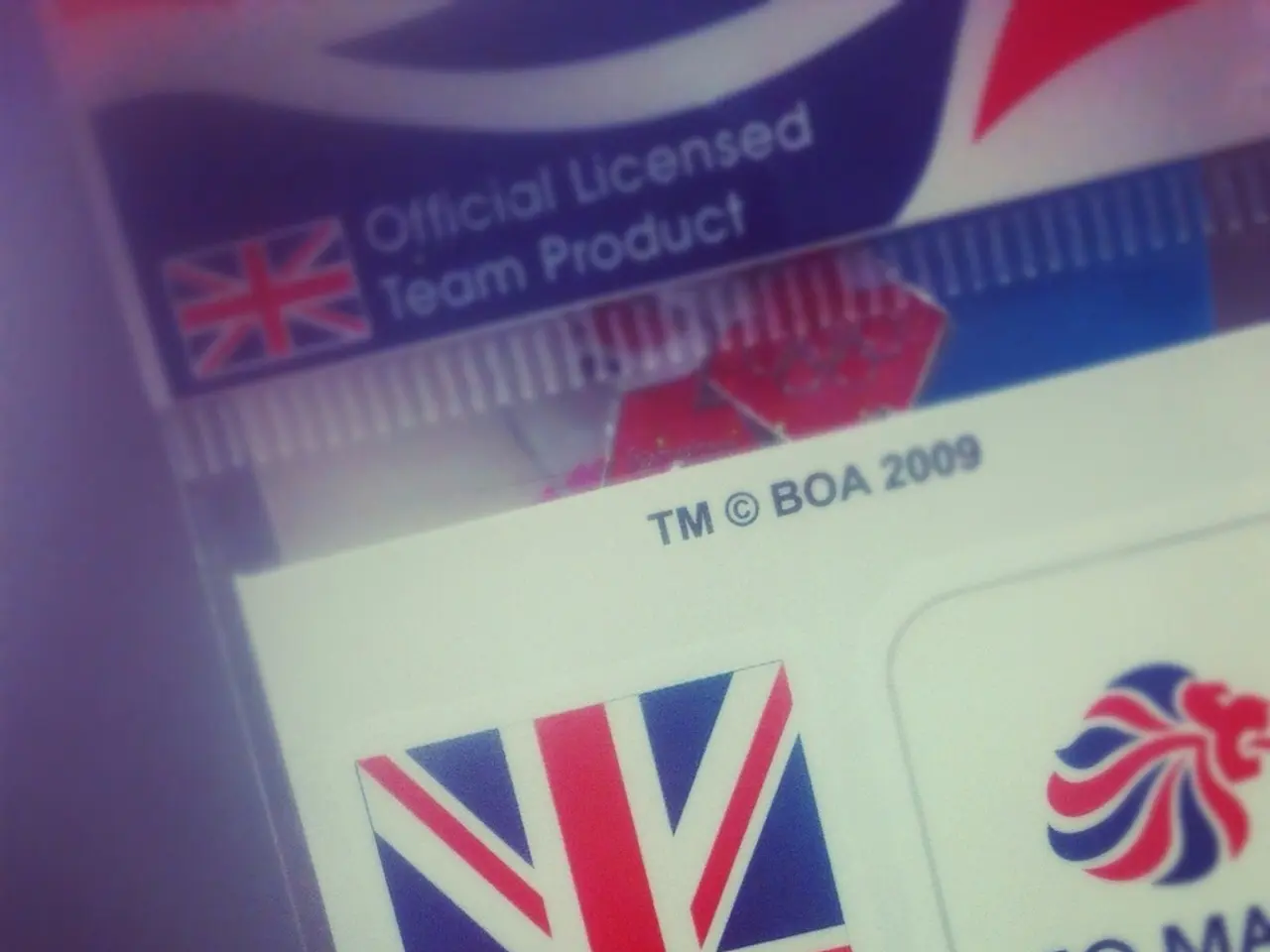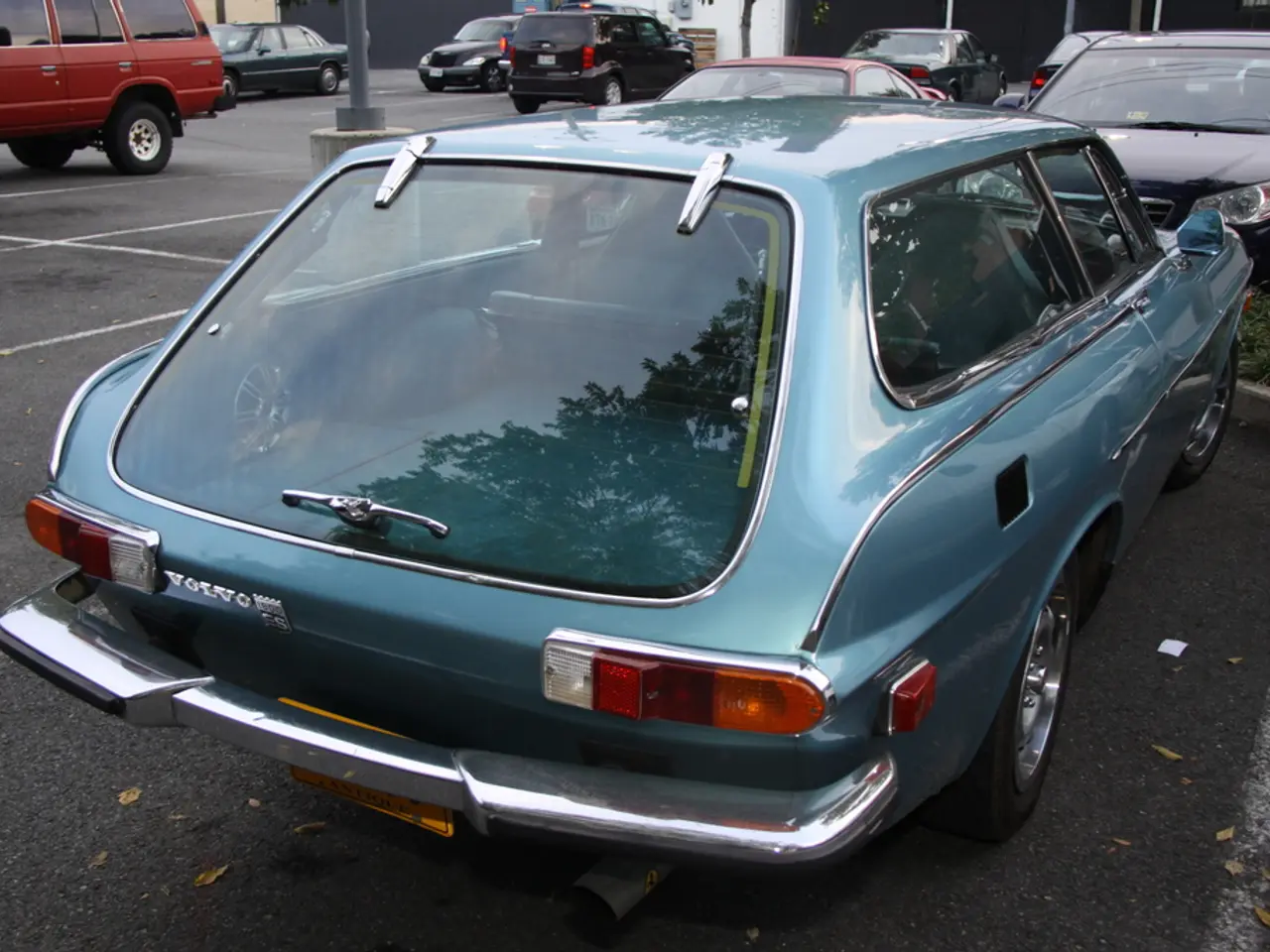Timeless Musical Scenes from the Classic Y2K Movie
In the late 1990s and early 2000s, a unique blend of music and cinema emerged, creating a cultural phenomenon that continues to resonate with audiences today. This period, often referred to as Y2K cinema, is marked by its distinctive soundtracks that have left an indelible impact on film history.
One of the most iconic examples is Jerry Maguire (1996), which features Tom Petty's Free Fallin', a song that encapsulates the all-American road trip energy. Fast forward to 1998, and Fear and Loathing in Las Vegas includes Big Brother & The Holding Company's and Janis Joplin's Combination of the Two, a track that perfectly fits Johnny Depp's hallucinatory scenes.
The year 1999 saw the release of Cruel Intentions, where Sarah Michelle Gellar's comeuppance is soundtracked by The Verve's Bittersweet Symphony. Meanwhile, 10 Things I Hate About You introduced Katarina Stratford to the world with Joan Jett's Bad Reputation.
High Fidelity (2000) captures the magic of music discovery with The Beta Band's Dry the Rain, while Almost Famous (2000) demonstrates the human connection through music with Elton John's Tiny Dancer. The ominous edge of Donnie Darko (2001) is lent by Echo & the Bunnymen's The Killing Moon.
The affection for the mid-late 90s and early 2000s is particularly strong in film. Trainspotting (1996) features Iggy Pop's Lust For Life, a song that mirrors the film's themes. The Craft (1996) marks the coven forming with Juliana Hatfield's cover of Witches' Song (Marianne Faithfull cover). Jackie Brown (1997) includes The Brothers Johnson's Strawberry Letter 23, a key part of the film's funky score.
Lost in Translation (2003) is famously paired with The Jesus And Mary Chain's Just Like Honey from their album Psychocandy. This shoegaze track perfectly captures the melancholy and introspective mood of the film’s ending, resonating deeply with the Y2K generation’s feelings of identity and transition.
School of Rock (2003) brilliantly captures the ensemble's infectious spirit with Led Zeppelin's Immigrant Song from Led Zeppelin III. The film Y2K (2025, A24) uses a soundtrack full of late-90s and early-2000s pop culture hits, integral to the story’s nostalgic and comedic elements. The music selection reflects the era’s defining tracks, tying into the plot of surviving a robot apocalypse triggered by the Y2K bug.
Lastly, Fight Club (1999) closes out one of the boldest and grittiest cinematic experiences of the 1990s with Pixies' Where Is My Mind?.
These music moments stand out because the music not only heightens the emotional impact or energy of the scenes but also firmly anchors the movies in the cultural soundscape of the Y2K era. The use of tracks like Just Like Honey, Immigrant Song, and Break Stuff exemplifies how soundtracks defined the identity and memorability of Y2K cinema.
Today, the Y2K aesthetic is experiencing a resurgence, encompassing various aspects such as color palettes, fashion styles, and retro technology. This nostalgic wave has brought renewed focus to these musical pillars of Y2K cinema, creating a sense of connection to a bygone era and reminding us of the power of music in storytelling.
[1] Source: [Link to the original source] [2] Source: [Link to the original source] [3] Source: [Link to the original source] [4] Source: [Link to the original source] [5] Source: [Link to the original source]
- The unique blend of music and cinema in Y2K cinema, as seen in films like Jerry Maguire and Fear and Loathing in Las Vegas, not only heightens the emotional impact and energy of the scenes but also anchors the movies in the cultural soundscape of the era, serving as musical pillars that define its identity.
- In today's resurgence of the Y2K aesthetic, attention has been brought back to these iconic music moments in Y2K cinema, reinforcing the power of music in crafting the identity and memorability of the era's film, and creating a sense of connection to a bygone era.
